TAMPA, FL, & MENLO PARK, CA, June 5, 2023 – Morphogenesis, Inc. (“Morphogenesis”), a privately-held Phase 2/3 clinical-stage biotechnology company developing novel personalized cancer vaccines and tumor microenvironment modulators to overcome primary and acquired resistance to current immunotherapies,, today announced positive initial results from an exploratory analysis of anti-tumor responses to rechallenge with an ICI following protocol directed IFx-2.0 therapy among patients with advanced MCC or cSCC who exhibited primary resistance to ICIs.
The abstract titled, “Phase 1b trial of IFx-Hu2.0, a novel personalized cancer vaccine, in checkpoint inhibitor resistant Merkel cell carcinoma and cutaneous squamous cell carcinoma,” was presented by Andrew Brohl, MD, H. Lee Moffitt Cancer Center and Research Institute in a poster presentation as part of the Melanoma/Skin Cancers – Advanced/Metastatic Diseases session held at the 2023 American Society of Clinical Oncology (ASCO) Annual Meeting, taking place June 2-6, 2023 in Chicago, IL.
“While patients with advanced Merkel cell carcinoma and cutaneous Squamous cell carcinoma exhibit high response rates to immune checkpoint inhibitor therapy, the approximately 50% of patients who fail to respond have limited treatment options. We are particularly encouraged by the results in patients with advanced Merkel cell who exhibited primary resistance to ICIs, where 4 of 5 (80%) achieved long lasting, major objective anti-tumor responses on rechallenge with an ICI within the same checkpoint axis,” noted Dr. James Bianco, Chief Executive Officer of Morphogenesis. “The potential for IFx-2.0 adjunctive therapy to pembrolizumab in the first line treatment of advanced MCC could overcome primary resistance, allowing higher response rates than pembrolizumab alone.”
IFx-2.0 is Morphogenesis’ lead personalized cancer vaccine candidate that is designed to overcome primary resistance to checkpoint inhibitors. In a Phase 1 study in advanced melanoma, biomarker analyses demonstrated robust immune priming effects of IFx administration. The ongoing Phase 1b study evaluates IFx-2.0 in a two-stage study design to assess safety and to examine the effects of repeated weekly dosing up to 3 weeks on the magnitude of the ensuing systemic immune response to determine the optimal dose and schedule for the company’s planned Phase 2/3 registration directed trial.
As reported at ASCO, following completion of protocol directed therapy, 5 patients with advanced MCC and 2 patients with cSCC who, prior to study entry, failed anti-PD(L)1 therapy were re-treated with anti-PD(L)1 monotherapy: pembrolizumab (3) or avelumab (2) in MCC and cemiplimab (2) in cSCC. Four of 5 (80%) patients with advanced MCC and 1 of 2 (50%) patients with cSCC, or 5 of 7 total (71%), experienced objective anti-tumor responses to ICI rechallenge in this setting, with duration of response ongoing in 4 patients (7+, 8+, 9+, 20+ months) and one response lasting 23 months. All 4 patients with advanced MCC with post-protocol response to anti-PD(L1) therapy had previously experienced progression to this same drug class prior to treatment on protocol.
Based on the positive preliminary results seen to-date, an additional 11 patients are planned for enrollment in the expansion stage of the Phase 1b study using the weekly x 3 dosing schedule. Additional exploratory/biomarker analyses are planned.
For more information about the company’s ongoing Phase 1b IFx-2.0 study, visit Clinicaltrials.gov and reference Identifier NCT04160065.
About Immune Fx (IFx) Personalized Cancer Vaccines
IFx-2.0 administration involves a simple injection into the patient’s tumor of a proprietary gene that encodes for an immunogenic bacterial protein which is expressed on the surface of the tumor cell. Recognizing the bacterial protein as being foreign, the patient’s immune system is activated “ingesting” the tumor cell and educating the immune system to all of the patient’s tumor’s neoantigens resulting in the production of tumor specific antibodies and cytotoxic T cells. The presence of activated T cells overcomes resistance to checkpoint inhibitors allowing checkpoint released activated T cells to seek out and destroy the tumor.
Additionally, Morphogenesis is advancing its CD22 targeted, mRNA vaccine (IFx-3.0), toward IND-enabling studies in 2024 for intravenous or autologous whole cell administration for the treatment of B cell malignancies like diffuse large B-cell lymphoma (DLBCL).
About Morphogenesis, Inc.
Morphogenesis is a Phase 2/3 clinical-stage biotechnology company developing novel personalized cancer vaccines and tumor microenvironment modulators to overcome primary and acquired resistance to immunotherapies. The company’s lead personalized cancer vaccine candidate, IFx-2.0, is designed to overcome primary resistance to checkpoint inhibitors. Morphogenesis is preparing to initiate a single randomized placebo-controlled Phase 2/3 registration trial of IFx-2.0 administered as an adjunctive therapy to Keytruda® (pembrolizumab) in first line treatment for advanced Merkel Cell Carcinoma. In addition to its personalized cancer vaccines the company is also developing first in class bi-functional antibody drug conjugates (ADCs) designed to reprogram the tumor microenvironment by targeting a recently characterized Delta receptor on Myeloid Derived Suppressor Cells inhibiting their immunosuppressive capabilities while localizing checkpoint inhibitor(s) in the tumor microenvironment.
For additional information, please visit www.morphogenesis-inc.com.
Investor Contacts:
Morphogenesis, Inc.
Jenene Thomas
JTC Team, LLC
morphogenesis@jtcir.com
